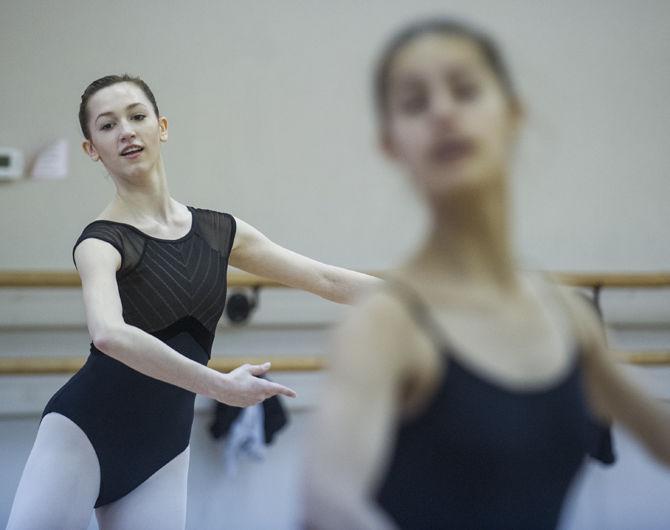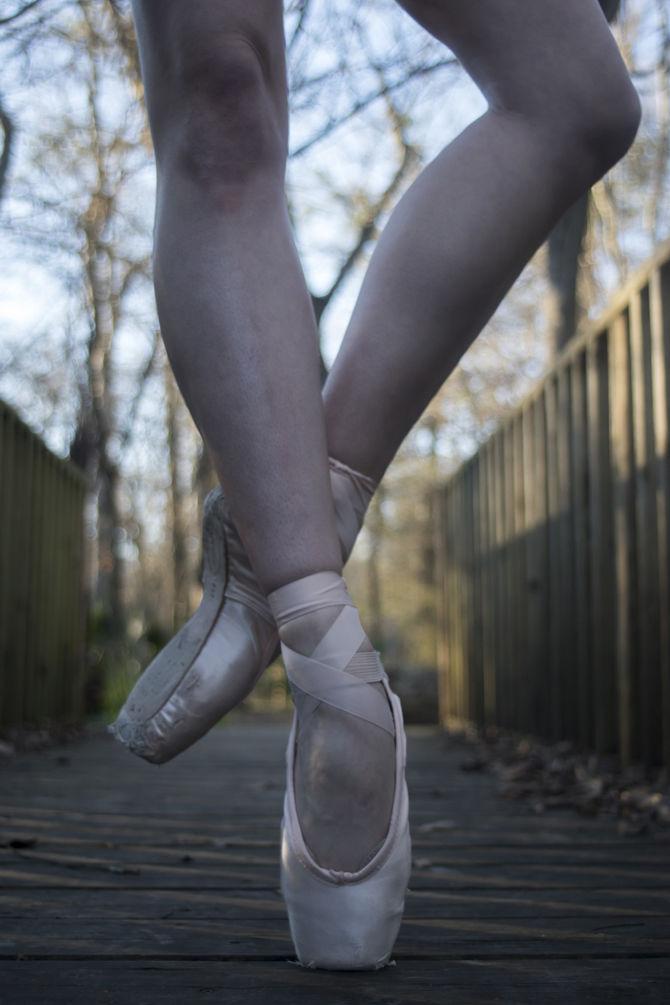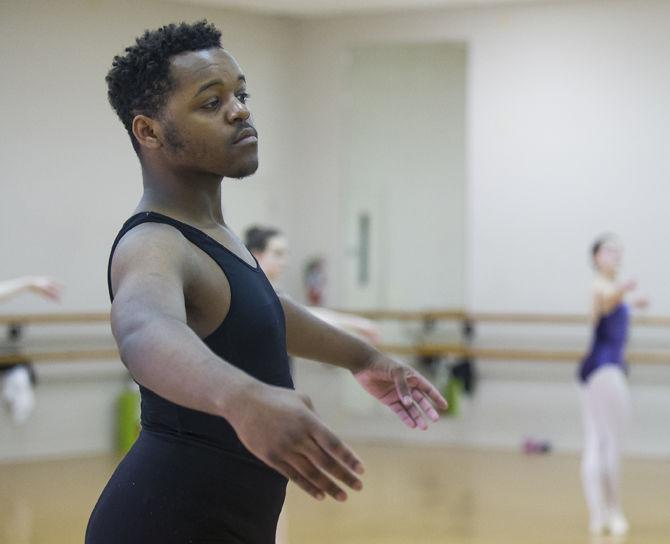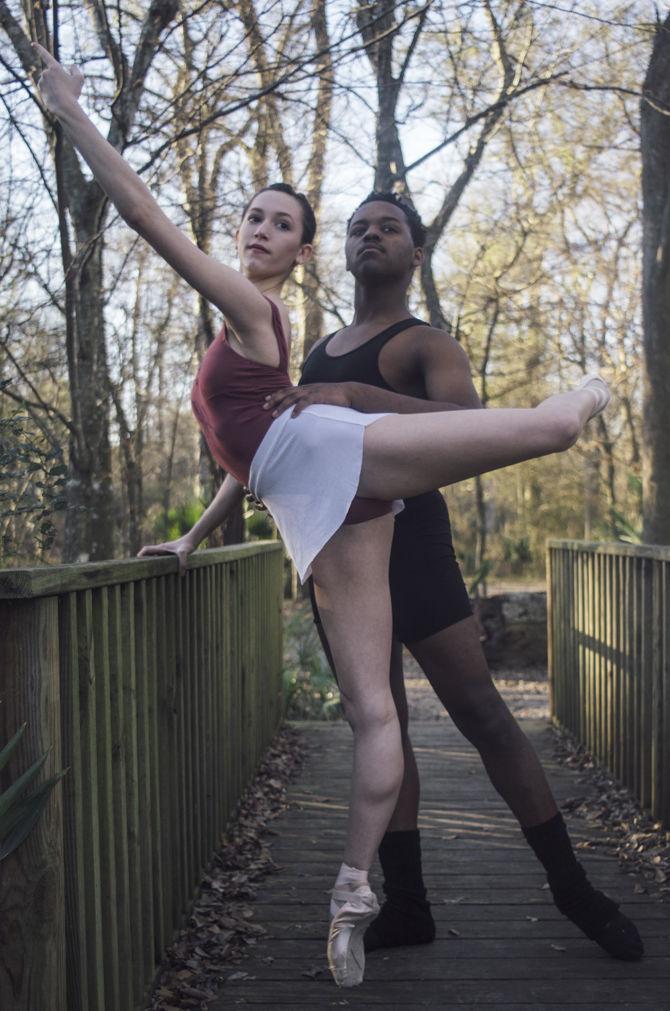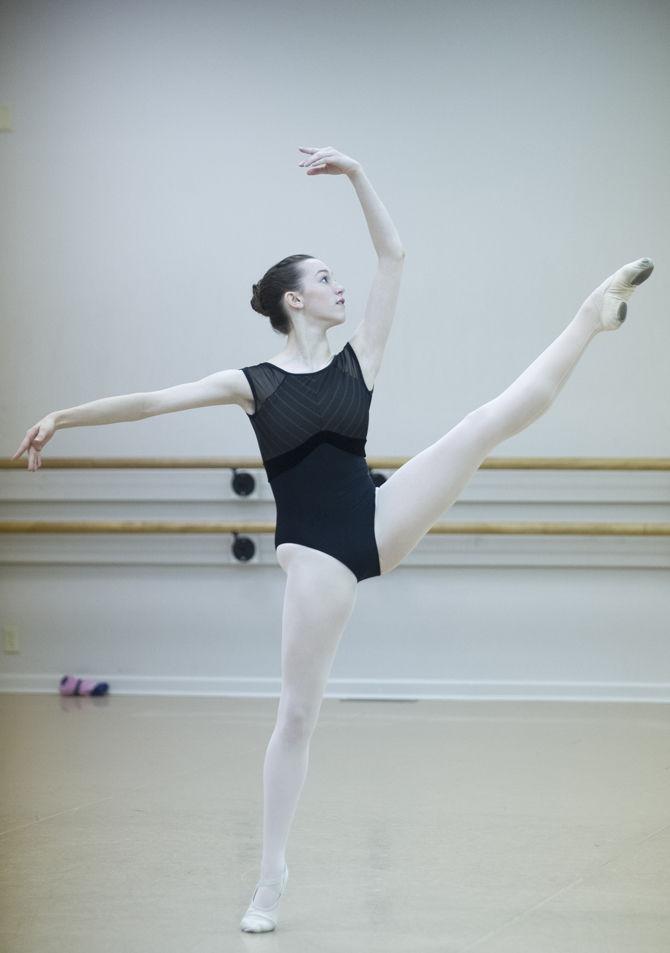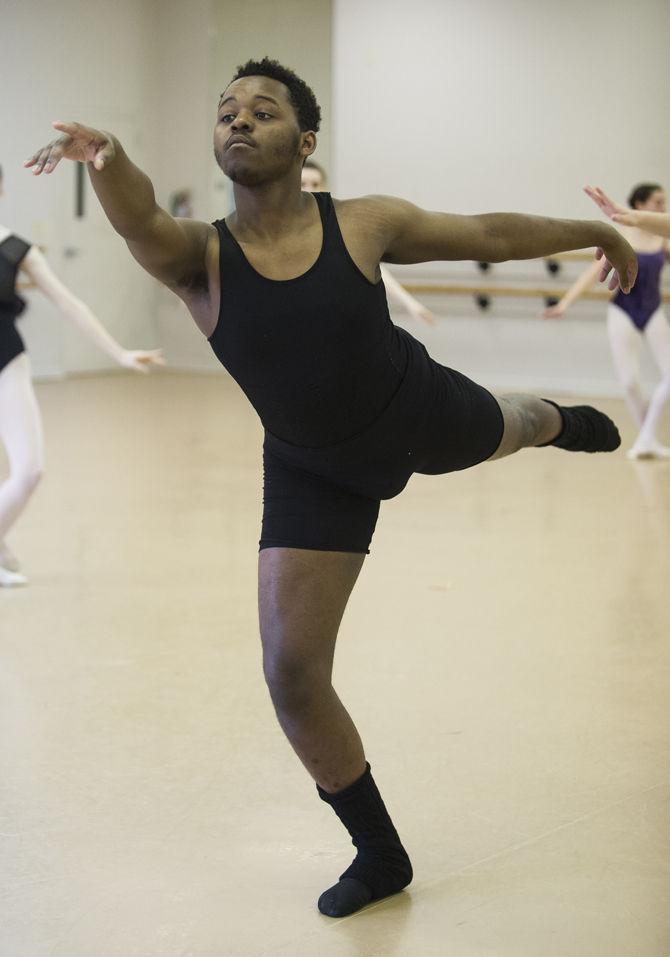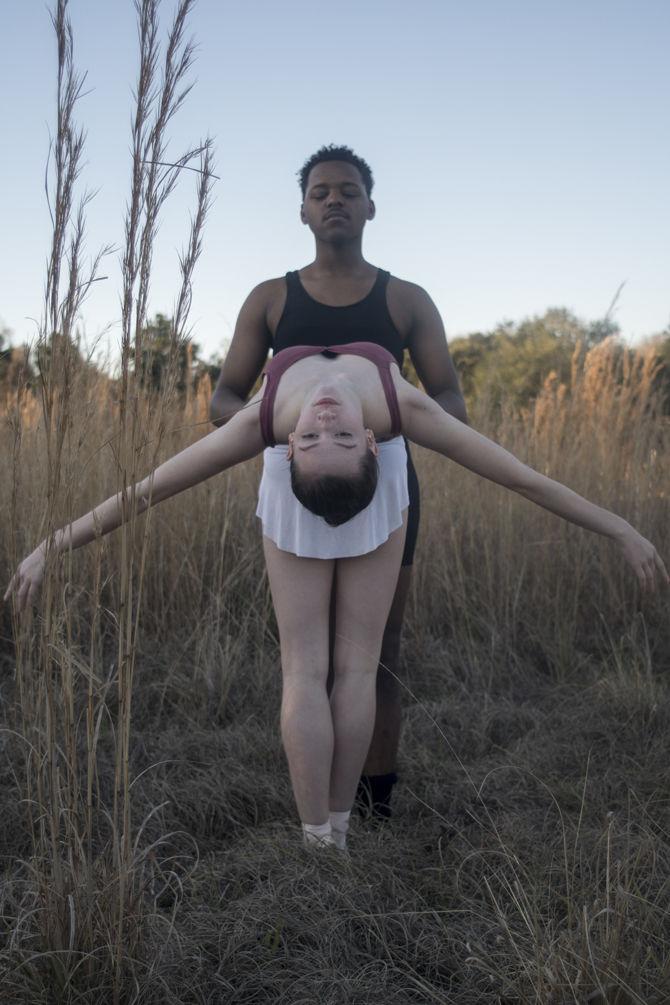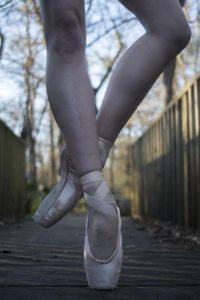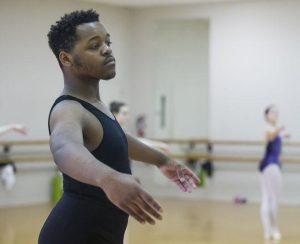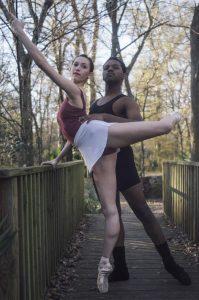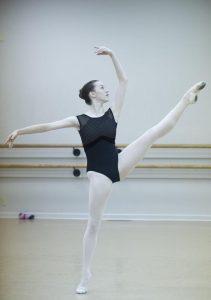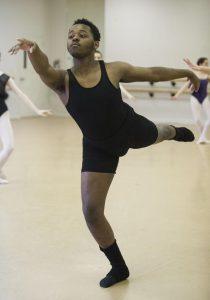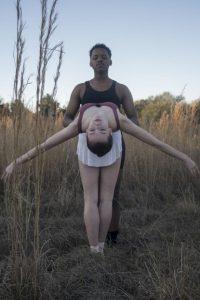The Dancer’s Workshop, founded in 1973 and serving as the official school of the Baton Rouge Ballet Theater, is a place of big dreams.
Dancers spanning from children to adults gather under the tutelage of the University’s ballet instructor and Associate Director of the Baton Rouge Ballet Theatre, Susan Perlis, to build the foundation they need to make a career in dancing.
On Jan. 21, auditions held by the Washington School of Ballet offered dancers the opportunity to participate in a summer intensive program involving “both classical ballet and contemporary dance for serious students seeking a rigorous curriculum,” according to the school’s website.
As one of the oldest performers at the Dancer’s Workshop, 17-year-old Elizabeth Donner is nothing if not a serious student. As she is pursuing a career in ballet, Donner sees the auditions as a potential step toward her future.
Donner says she hopes to get into a pre-professional ballet program after the summer intensive workshop and then move on to a full-fledged company.
Donner is particularly interested in the Boston Ballet, an acclaimed professional ballet company in Boston, Massachusetts.
Although she has such large ambitions riding on her audition, Donner isn’t crumbling under the pressure. Donner feels comfortable at the Dancer’s Workshop because she practices there every day, and wasn’t nervous to audition there, she says.
Kristina Windom, the head of faculty at the Washington School of Ballet, was the judge for the auditioning dancers and does her own part to make sure they are comfortable during the process.
“I treat it as a class,” she explains. “It’s less stressful for them.”
She starts them off with exercises at the ballet barre then moves the dancers into the center, and finishes up by studying their pointe technique. The entire audition class takes about two hours.
The Dancer’s Workshop is also where Donner makes most of her friends.
“We all have something in common with ballet,” Donner says. “We all love each other because we have a common ground.”
She says balancing her academic classes and her ballet classes means she had to sacrifice much of her social life, but that doesn’t stop her from enjoying herself.
“I love working hard to reach a goal every single day, you know,” Donner says. “Just keep on going and try to get better and once you’re on the stage you’re the best you can be.”
18-year-old Rashawn Bowie shares a similar passion for dancing.
Unlike Donner and most of his classmates who began dancing at a young age, Bowie began ballet a little over a year ago. But, he too hopes to make a career of it and harbors dreams of joining renowned companies like Joffrey or the New York City Ballet in the future.
“I’m not technically up there with some of the dancers who have been for years and sometimes they ask a lot of me,” Bowie says. Still, he says his love of dance keeps him from getting discouraged.
“All I ask for is dancing. I’m a dancer. I just love moving,” he says.
Growing up, Bowie always enjoyed dance, but focused his efforts in contemporary dance. He discovered his love for ballet by scrolling through YouTube videos of the American Theatre Ballet and The Royal Ballet and decided to pursue ballet training at the age of 16.
Perlis, who has taught ballet at the Dancer’s Workshop for 30 years and at the University for 16 years, says Bowie’s relatively late start may not be so much of a disadvantage as it may seem.
“The fact of the matter is, in a very general sort of way, men always start later than girls,” Perlis says. “They don’t usually show up at the studio at 8 years old like the girls. They usually show up in their teen years or even college and then start dancing.”
Perlis doesn’t see starting at a young age as necessary to receive a beneficial experience from ballet and even teaches a beginner class at the University for older students who have just broken into ballet. She sees just as much value in learning ballet as a beginner as in continuing in ballet as a more experienced dancer.
“I think that the goal and the advantage is [the] everyday work. They learn such confidence and hard work and discipline and an aesthetic appreciation for it so I see every day they get so much out of taking ballet class,” Perlis says.
While Donner stresses the importance of working hard to perfect the technique, she says it’s important for new dancers “not to beat yourself up when you mess up…you have to keep going. Be determined.”
Above the Barre: The Dancer’s Workshop trains young ballerinas to reach their full potential
April 19, 2017
Elizabeth Donner is one of the performers at the Dancer’s Workshop, which serves as the official school of the Baton Rouge Ballet Theater.



